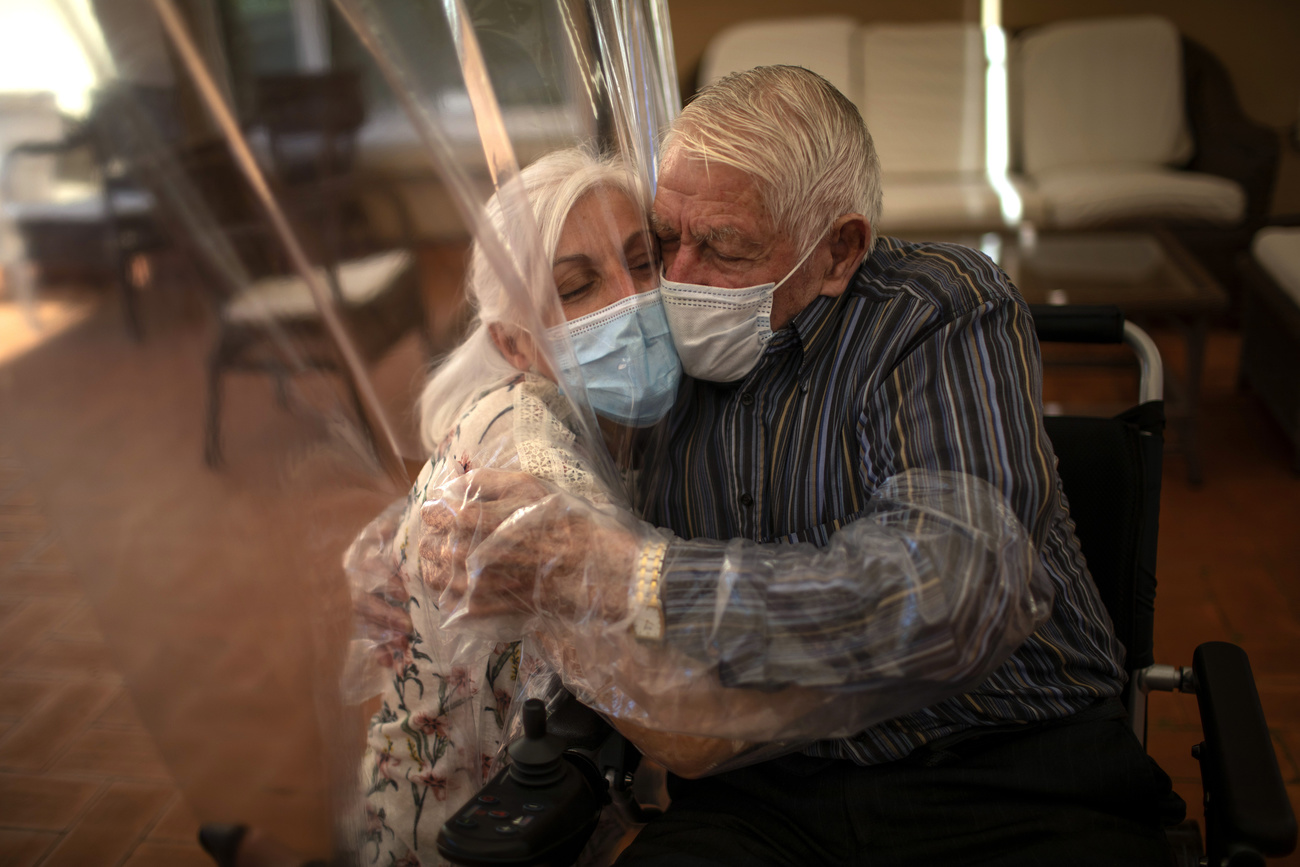
Anti-pandemic agreement approved by WHO members

The historic agreement to better prepare the world for future pandemics has been formally approved in Geneva.
+Get the most important news from Switzerland in your inbox
The members of the World Health Organization (WHO) approved it on Tuesday without a vote. But further steps need to be taken before it can be signed.
As early as Monday, the lights were on green with a broad approval in committee, by 124 votes to no opposition and 11 abstentions.
But after three years of sometimes arduous negotiations and a draft agreement finalised a few weeks ago, not everything is settled. While the United States did not participate, in their resolution the members established a new working group to draw up an annex on the modalities of the new system of access to pathogens and benefit sharing (PABS).
This discussion could take between one and two years, according to various sources. Only then can the agreement be signed. It will enter into force one month after 60 countries have ratified it.

More
Pandemic treaty comes as welcome sign of multilateralism
Translated from German by DeepL/ts
How we work
We select the most relevant news for an international audience and use automatic translation tools such as DeepL to translate them into English. A journalist then reviews the translation for clarity and accuracy before publication. Providing you with automatically translated news gives us the time to write more in-depth articles. The news stories we select have been written and carefully fact-checked by an external editorial team from news agencies such as Bloomberg or Keystone.
Did you find this explanation helpful? Please fill out the short survey below to help us understand your needs.
Don’t miss your chance to make a difference! Take our survey and share your thoughts.

In compliance with the JTI standards
More: SWI swissinfo.ch certified by the Journalism Trust Initiative





























You can find an overview of ongoing debates with our journalists here . Please join us!
If you want to start a conversation about a topic raised in this article or want to report factual errors, email us at english@swissinfo.ch.